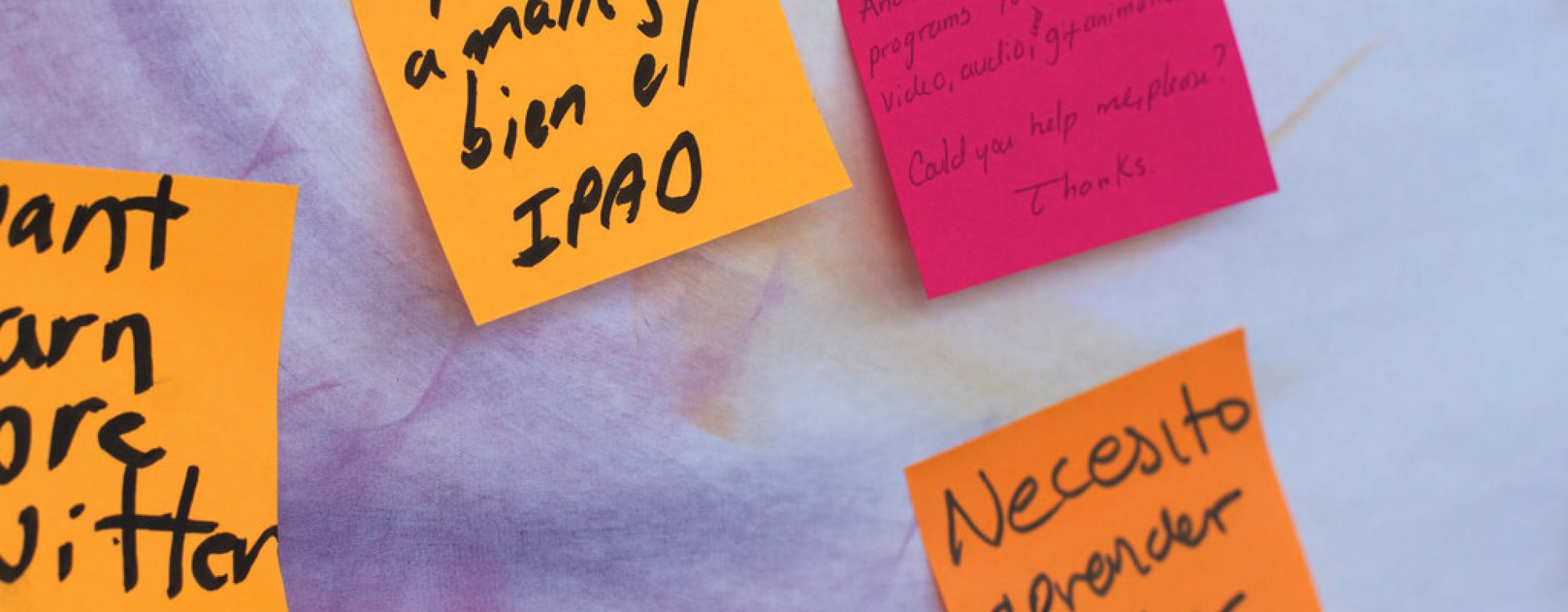What did you learn?
Since I had two coaching teachers, there were a number of great learning experiences and opportunity for my growth. Bouncing between multiple different grades and students allowed me to get a better understanding of how important it is that we get a clear understanding of our students learning and where they need to go. It provided me with a better opportunity of watching and learning from teachers and seeing their different styles. It also helped me learn that to be a quality teacher, I need to be more open and willing to find more ways to bring “Me” into the lessons and classroom. It also reminded me of how much we need to change up and make adjustments to our teaching to help benefit all the different students in the classroom. One last thing that I realized, to be a successful and affective teacher, one needs to know how to properly handle all the stress, expectations, and responsibilities that comes with being a teacher.
Why was this important to learn?
To be the best teacher that we can be for our students, it is vital that we absorb and learn all the important things that come with being a teacher. Personally, it was important for my learning and development to get a better understanding of the different learning needs and styles among a wide range of different ages and grades. It helped remind me of the expectations that are placed on teachers, and that we continue to learn/grow as we continue on into our teaching career.
What are your next steps for EDUC 491 practicum?
This practicum reminded me of how much I still need to grow, learn, and develop to become an ideal teacher. Whether that be diversifying my teaching skills and abilities, it’s important that we continue to grow as an educator. It reminded me of how much I need to be willing to step outside of my comfort zone to provide the most diverse and best learning experiences for students.
